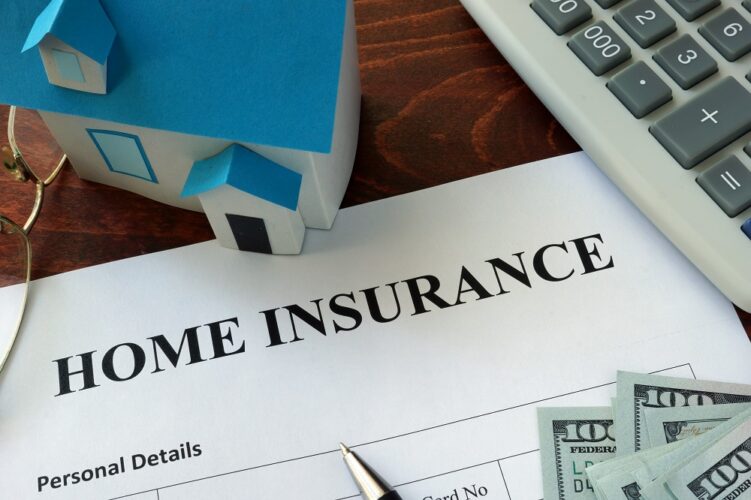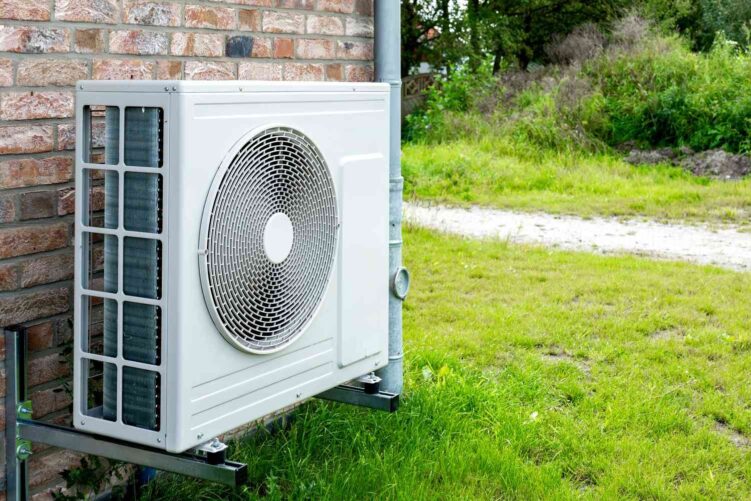You’ve finally got the keys to your dream home—what an exciting milestone! But let’s pause for a moment to think about something equally important: protecting your investment. Home insurance might seem complicated at first, but understanding what’s covered can save you from future headaches.
Key Points
- Home insurance protects your home and belongings against risks like fire or theft.
- Different policies cover different scenarios, so reading the fine print matters.
- Liability coverage is often included, protecting you from legal claims.
- Additional riders may be needed for high-value items or unique risks.
- Choosing the right provider ensures peace of mind and personalized solutions.
Why Home Insurance Is Essential for First-Time Buyers

Purchasing home insurance isn’t just about ticking a box for your mortgage lender. It’s about ensuring that your biggest investment is safe from unforeseen challenges. Life happens—a burst pipe, a fallen tree, or even an accident on your property could lead to unexpected expenses. That’s where insurance becomes your financial cushion.
Providers like eriemutual.com specialize in tailoring plans to fit unique needs. With coverage options designed to address your specific concerns, they offer the kind of personalized support every homeowner values. Think of insurance as a proactive step toward peace of mind.
What Does Home Insurance Typically Cover?
Home insurance plans come with standard inclusions, but knowing the details is crucial for choosing what’s right for you. Typical coverage includes:
Structural Protection
This covers the physical structure of your home against risks such as fire, storms, or vandalism. For instance, if a windstorm damages your roof, your policy can help pay for repairs.
Personal Property Coverage
This includes items inside your home, like furniture, electronics, and clothing. If a break-in occurs and your TV is stolen, personal property coverage reimburses you for the loss.
Liability Insurance
This protects you if someone is injured on your property. Whether it’s a guest tripping on your porch or a dog bite incident, liability coverage shields you from potential lawsuits and associated expenses.
Additional Living Expenses (ALE)
If a fire or flood leaves your home uninhabitable, ALE covers temporary housing costs. It’s an essential feature that ensures you’re not left scrambling for accommodations during tough times.
Pro Tip: Always check your plan’s exclusions. Natural disasters like earthquakes or floods often require separate policies.
Common Myths About Home Insurance Coverage

Many misconceptions can cloud your judgment when it comes to selecting a plan. Let’s clear up a few of them:
Myth 1: “It Covers All Disasters”
Reality: Standard plans often exclude natural disasters like floods and earthquakes. Specialized riders or separate policies are necessary for these risks.
Myth 2: “High-Value Items Are Automatically Protected”
Reality: Items like expensive jewelry or collectibles often require additional riders to ensure full reimbursement in case of damage or theft.
Myth 3: “It Only Protects Physical Damage”
Reality: Liability coverage is a major part of home insurance. It safeguards you against legal claims if someone is injured on your property or if your actions inadvertently cause damage elsewhere.
Understanding these distinctions helps you make informed decisions without unnecessary surprises.
Steps to Evaluate Your Home Insurance Needs

Not all insurance plans are created equal, and finding the right one begins with assessing your requirements. Here’s how you can determine what works best for you:
Assess Your Home’s Value
Start by estimating the total replacement cost of your home. This figure includes rebuilding the structure and replacing all your belongings.
Identify Location-Based Risks
Geographic location plays a huge role in determining your coverage needs. Homes in flood-prone areas, for example, require specific protection.
Research Providers
Not all insurers offer the same benefits. Look for companies that are transparent about their plans and have a good track record for handling claims.
Don’t Overlook Riders
High-value items or special circumstances might require additional riders. If you own antique furniture or expensive electronics, discuss extra coverage options with your provider.
How to Maximize Your Home Insurance Benefits
Insurance is about more than just peace of mind; it’s about ensuring you get the best value for your premiums. To maximize your coverage:
- Bundle Policies: Combining home and auto insurance can lead to significant savings.
- Maintain Your Property: A well-maintained home is less prone to claims, which might help keep premiums stable.
- Install Safety Features: Adding smoke detectors, security systems, and storm-resistant materials can lower your risk profile, potentially reducing costs.
Tips for First-Time Buyers to Select the Right Plan
Choosing the ideal insurance plan can feel overwhelming, but following these tips can simplify the process:
Understand Deductibles
Higher deductibles lead to lower premiums, but they also mean you’ll pay more out of pocket during claims. Evaluate what works best for your financial situation.
Read the Fine Print
Ensure you fully understand what is and isn’t covered. For example, does the plan cover water damage from a burst pipe but exclude flooding?
Ask About Replacement Cost vs. Actual Cash Value
Replacement cost policies cover the current cost to replace items, whereas actual cash value accounts for depreciation. The former provides better protection but might come at a higher premium.
Work with a Trusted Advisor
Navigating home insurance is easier with expert help. An advisor can explain options, answer questions, and recommend plans tailored to your needs.
Frequently Asked Questions About Home Insurance
What is Liability Coverage?

Liability insurance covers legal and medical expenses if someone gets hurt on your property. For example, if a visitor slips on your icy walkway, liability coverage pays for their treatment and shields you from lawsuits.
Is Flood Insurance Necessary?
If your home is in a high-risk area, flood insurance is essential. Standard plans don’t cover flood-related damage, so you’ll need a separate policy for this protection.
How Do I File a Claim?
The process is straightforward. Contact your provider, document the damage with photos, and submit the necessary paperwork. Your insurer will guide you through the next steps.
Why Regular Reviews of Your Plan Are Important
Life changes, and so do your insurance needs. Whether you renovate your home, acquire valuable assets, or move to a different area, updating your plan ensures ongoing protection. Regular reviews also help identify any gaps in coverage or new savings opportunities, like bundling discounts or loyalty rewards.
Conclusion: Empowering Yourself with Knowledge
Owning a home is a huge responsibility, but the right insurance plan makes it manageable. By understanding what coverage you need, working with reliable providers, and staying proactive about your plan, you’re setting yourself up for success. The peace of mind that comes from knowing your investment is protected is priceless—and it starts with informed decisions today.




